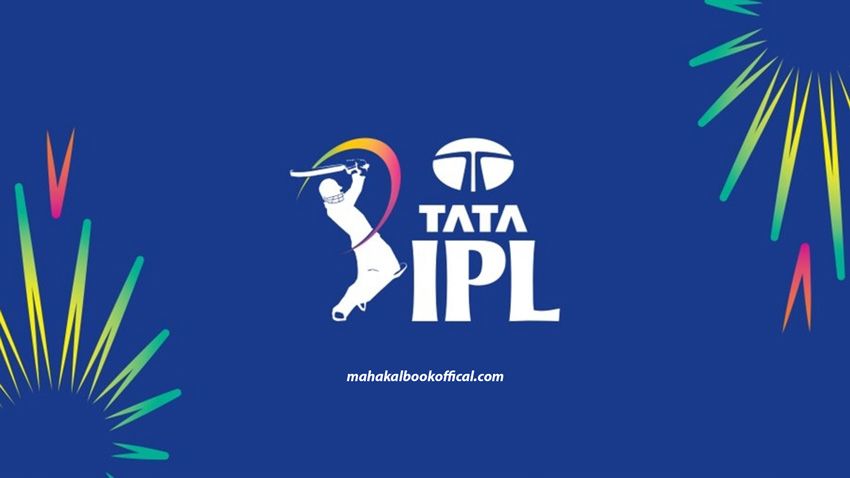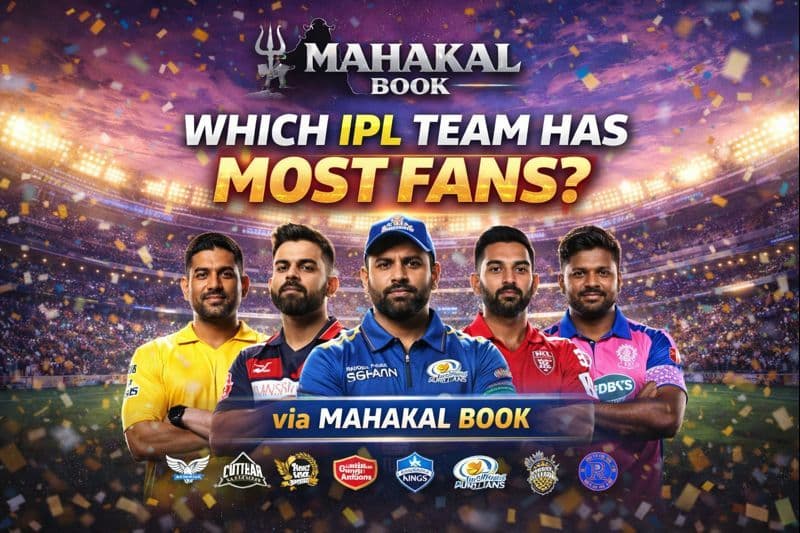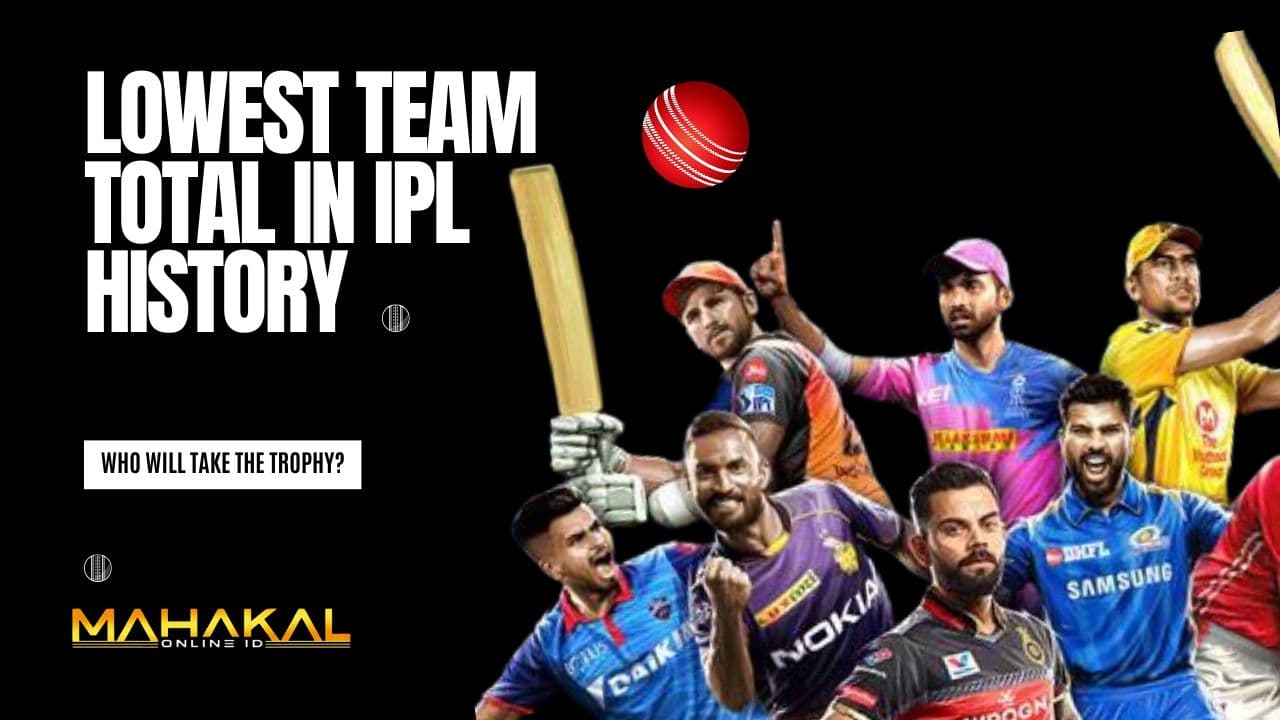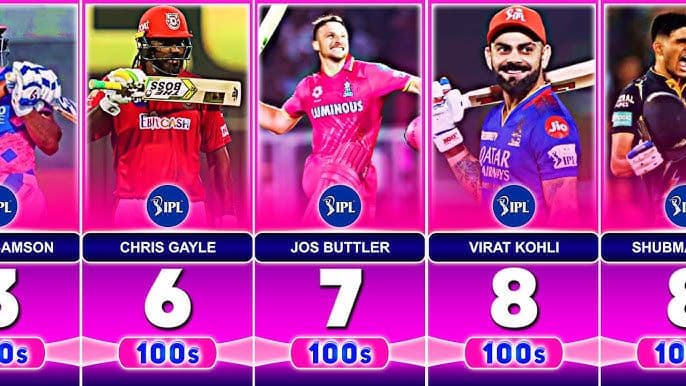The Ultimate Guide to the Indian Premier League (IPL)
An in-depth guide to everything you need to know about the Indian Premier League (IPL).
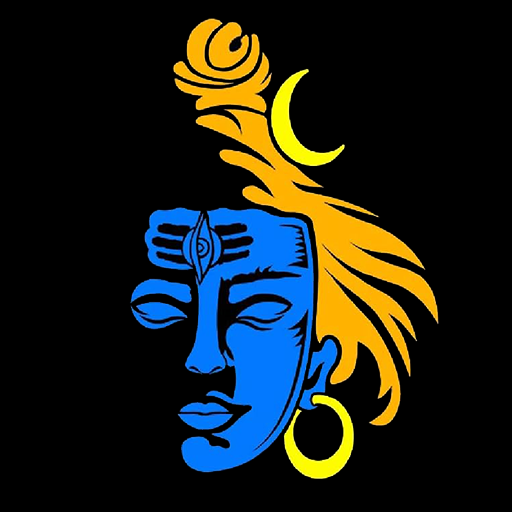 Mahakal Book Admin
Mahakal Book AdminThe Indian Premier League (IPL) is one of the most popular and lucrative sports leagues globally, captivating cricket fans with its fast-paced Twenty20 format, star-studded teams, and high-octane entertainment. Launched in 2008 by the Board of Control for Cricket in India (BCCI), the IPL has transformed the cricket landscape, offering a platform for both established and emerging players to showcase their skills. In this comprehensive guide, we will delve into the history, format, teams, players, and everything else that makes the IPL a global phenomenon.
Introduction to IPL
The IPL was conceptualized to bring cricket closer to the masses, combining sports with entertainment and business. The league's success can be attributed to its innovative format, which includes a round-robin stage followed by playoffs. Each season typically runs from late March to early June, featuring some of the world's best cricketers.
Why is IPL So Popular?
- Global Reach: The IPL is broadcasted in over 100 countries, reaching millions of viewers worldwide. Its global appeal is unmatched, making it one of the most-watched sports leagues globally.
- Star Power: The league features cricket legends like MS Dhoni, Virat Kohli, and international stars such as Jos Buttler and Glenn Maxwell. This blend of domestic and international talent attracts fans from all over the world.
- Entertainment Factor: The IPL combines cricket with music, dance, and celebrity appearances, making it a spectacle beyond just sports. The opening ceremonies, cheerleaders, and post-match interviews add to its entertainment value.
- Emerging Talent: The IPL provides a platform for young cricketers to showcase their skills on an international stage. Players like Hardik Pandya and Jasprit Bumrah have risen to fame through the IPL.
History of IPL
The IPL was first conceptualized in 2007 by Lalit Modi, who envisioned a league that would bring cricket to the forefront of Indian sports. The inaugural season in 2008 featured eight teams and was won by the Rajasthan Royals. Over the years, the league has expanded to include more teams and has become a benchmark for Twenty20 cricket worldwide.
Key Milestones in IPL History
- 2008: The first season of IPL was launched with eight teams.
- 2010: The league expanded to include two more teams, Pune Warriors India and Kochi Tuskers Kerala.
- 2013: The IPL faced its first major controversy with the spot-fixing scandal involving several players.
- 2018: The Chennai Super Kings and Rajasthan Royals returned after serving a two-year suspension.
- 2022: The league expanded to include two new teams, the Gujarat Titans and the Lucknow Super Giants.
IPL Format
The IPL follows a double round-robin format where each team plays against every other team twice—once at home and once away. The top four teams qualify for the playoffs, which consist of two Qualifier matches, one Eliminator match, and the Final.
How the Playoffs Work
- Qualifier 1: The first-placed team plays against the second-placed team. The winner advances directly to the Final.
- Eliminator: The third-placed team plays against the fourth-placed team. The winner advances to Qualifier 2.
- Qualifier 2: The loser of Qualifier 1 plays against the winner of the Eliminator. The winner advances to the Final.
- Final: The winner of Qualifier 1 plays against the winner of Qualifier 2 to determine the champion.
IPL Teams
The IPL currently features ten teams, each representing a different city or region in India. Here’s a brief overview of each team:
- Mumbai Indians (MI)
Home Ground: Wankhede Stadium, Mumbai
Owner: Reliance Industries
Captain: Rohit Sharma
Notable Players: Rohit Sharma, Jasprit Bumrah, Suryakumar Yadav - Chennai Super Kings (CSK)
Home Ground: M.A. Chidambaram Stadium, Chennai
Owner: Chennai Super Kings Cricket Ltd.
Captain: MS Dhoni
Notable Players: MS Dhoni, Ravindra Jadeja, Ruturaj Gaikwad - Royal Challengers Bangalore (RCB)
Home Ground: M. Chinnaswamy Stadium, Bangalore
Owner: Royal Challengers Sports Private Ltd.
Captain: Faf du Plessis
Notable Players: Virat Kohli, Glenn Maxwell, Wanindu Hasaranga - Kolkata Knight Riders (KKR)
Home Ground: Eden Gardens, Kolkata
Owner: Knight Riders Sports Private Ltd.
Captain: Nitish Rana
Notable Players: Andre Russell, Sunil Narine, Shreyas Iyer - Delhi Capitals (DC)
Home Ground: Arun Jaitley Stadium, Delhi
Owner: JSW Sports and GMR Group
Captain: Rishabh Pant
Notable Players: Rishabh Pant, Prithvi Shaw, David Warner - Punjab Kings (PBKS)
Home Ground: PCA Stadium, Mohali
Owner: Mohit Burman, Ness Wadia, Preity Zinta
Captain: Shikhar Dhawan
Notable Players: Shikhar Dhawan, Liam Livingstone, Arshdeep Singh - Rajasthan Royals (RR)
Home Ground: Sawai Mansingh Stadium, Jaipur
Owner: Manoj Badale, Lachlan Murdoch
Captain: Sanju Samson
Notable Players: Sanju Samson, Jos Buttler, Yuzvendra Chahal - Sunrisers Hyderabad (SRH)
Home Ground: Rajiv Gandhi International Stadium, Hyderabad
Owner: Sun TV Network
Captain: Aiden Markram
Notable Players: Aiden Markram, Kane Williamson, Bhuvneshwar Kumar - Gujarat Titans (GT)
Home Ground: Narendra Modi Stadium, Ahmedabad
Owner: CVC Capital Partners
Captain: Hardik Pandya
Notable Players: Hardik Pandya, Rashid Khan, Shubman Gill - Lucknow Super Giants (LSG)
Home Ground: BRSABV Ekana Cricket Stadium, Lucknow
Owner: RPSG Group
Captain: KL Rahul
Notable Players: KL Rahul, Quinton de Kock, Marcus Stoinis
IPL Players: Past and Present
The IPL has been a platform for both established and emerging cricketers. Here are some of the most notable players:
Top Batsmen in IPL History
- Virat Kohli: Known for his consistency and aggressive batting style.
- Chris Gayle: Renowned for his explosive power-hitting.
- David Warner: A prolific opener with a strong IPL record.
- Rohit Sharma: A versatile batsman with numerous match-winning performances.
Top Bowlers in IPL History
- Lasith Malinga: The highest wicket-taker in IPL history with 170 wickets.
- Amit Mishra: A skilled leg-spinner with over 160 wickets.
- Dwayne Bravo: A versatile all-rounder known for his death bowling skills.
- Jasprit Bumrah: A young and talented fast bowler with a strong IPL record.
IPL Sponsors and Revenue Model
The IPL generates revenue primarily through broadcasting rights, sponsorships, and ticket sales. The league has attracted major brands like Tata, Jio, and Vivo as sponsors.
Broadcasting Rights
The IPL broadcasting rights are among the most valuable in sports, with Disney+ Hotstar and Star Sports holding the rights for Indian and international broadcasts, respectively.
Sponsorships
The IPL has a robust sponsorship model, with brands like Tata, Jio, and Dream11 being major partners. These partnerships contribute significantly to the league's revenue.
Ticket Sales
Stadium ticket sales also generate substantial revenue, especially for high-profile matches.
IPL Controversies
Despite its success, the IPL has faced several controversies over the years:
- Spot-Fixing Scandal (2013): Several players were involved in a spot-fixing scandal, leading to suspensions and bans.
- Team Suspensions (2015-2017): Chennai Super Kings and Rajasthan Royals were suspended for two years due to their involvement in betting scandals.
- COVID-19 Pandemic (2020-2021): The IPL faced challenges due to the pandemic, with the 2020 season being held in the UAE and the 2021 season being suspended mid-way before resuming in the UAE.
IPL Impact on Cricket
The IPL has had a profound impact on cricket globally:
- Revolutionizing Twenty20 Cricket: The IPL has set the standard for Twenty20 leagues worldwide, influencing formats like the Big Bash League and the Pakistan Super League.
- Emergence of New Talent: The IPL has been instrumental in discovering young talent, providing a platform for players to gain international recognition.
- Economic Impact: The IPL contributes significantly to India's economy through sponsorships, broadcasting rights, and tourism.
Conclusion
The Indian Premier League is a testament to cricket's enduring popularity and its ability to evolve with the times. From its inception to its current status as a global sports phenomenon, the IPL continues to captivate audiences with its unique blend of sports, entertainment, and business. Whether you're a die-hard fan or a casual viewer, the IPL offers something for everyone—thrilling matches, unforgettable moments, and a celebration of cricket at its best.
To stay ahead in the SEO game, focus on creating comprehensive, regularly updated content that covers all aspects of the IPL. Use trending keywords, optimize your images and videos, and engage your audience with interactive elements like polls and quizzes. As the IPL continues to grow, so does its digital footprint—be part of this journey by providing the most authoritative and engaging content out there.
